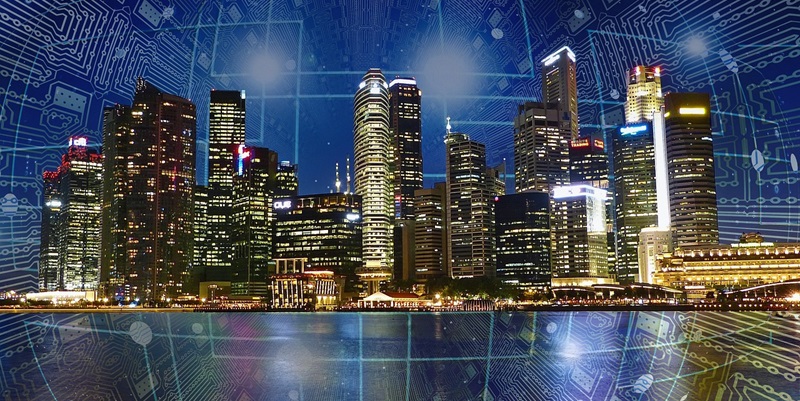WiMi Hologram Cloud Inc., a prominent global provider of Hologram Augmented Reality technology, is focusing on developing specialized consensus algorithms for blockchain-based Internet of Things (IoT) applications. This significant initiative aims to overcome longstanding compatibility challenges between IoT devices and blockchain networks. Through this effort, WiMi aspires to achieve seamless integration and enhanced performance across various use cases.
Advancing Consensus Algorithms
WiMi’s research is advancing dynamically adjustable consensus algorithms designed to meet the distinct demands of IoT systems. By modifying parameters such as block size and transaction confirmation times, they are optimizing scalability and throughput. These adjustments are crucial for ensuring rapid data processing and low-latency responses, even under heavy network loads, making blockchain technology more adaptable to the specific performance requirements of IoT applications.
Enhancing Security and Anonymity
A notable feature of WiMi’s algorithm is its anonymous mechanism for selecting master and validation nodes. This approach enhances the system’s security by making it more resilient to potential attacks while protecting the identity information of participating nodes. The combination of anonymity with robust security protocols provides a secure and reliable framework for IoT applications using blockchain technology.
Opportunities Across Industries
WiMi’s advancements in blockchain-based IoT solutions are poised to unlock significant opportunities for innovation across various industries. For instance, in supply chain management, IoT devices can monitor real-time product logistics, while blockchain ensures data authenticity and tamper resistance. This enhances transparency, reduces inefficiencies, and builds trust throughout the supply chain. Similarly, in smart cities, IoT sensors collect critical data on urban operations, and blockchain provides a secure platform for storing and analyzing this information. This integration helps city administrators make more informed decisions, leading to better resource management and improved urban living conditions.
The Future of IoT-Blockchain Integration
The future potential of IoT-Blockchain integration as envisioned by WiMi is seen as a transformative trend bringing enhanced convenience and new possibilities to daily life. Beyond supply chains and smart cities, these technologies are expected to demonstrate their potential in fields such as healthcare, transportation, and energy management.
A Transformative Technological Convergence
The convergence of IoT and blockchain represents a significant step forward in addressing technological and operational challenges associated with IoT systems. By resolving compatibility issues and optimizing performance, blockchain-enabled IoT applications are expected to play a pivotal role in shaping the future of the digital economy.
Leading the Charge
WiMi Hologram Cloud Inc., a leading global provider in Hologram Augmented Reality (AR) technology, is channeling its efforts into the development of unique consensus algorithms tailored for blockchain-based Internet of Things (IoT) applications. This significant initiative seeks to address persistent compatibility issues that have long hindered seamless interaction between IoT devices and blockchain networks. By focusing on this integration, WiMi aims to bring about a seamless convergence of IoT and blockchain technologies, ultimately enhancing performance and operational efficiency across a wide range of applications.
The core of this project lies in crafting consensus algorithms capable of ensuring data integrity and security, which are crucial for the widespread adoption of blockchain in IoT ecosystems. Such technological advancements are geared towards fostering an environment of trust and reliability, enabling more streamlined and effective communication between devices and networks. WiMi’s commitment to tackling these technical barriers underscores its dedication to driving innovation and excellence in the realm of Hologram AR technology and its associated fields.

